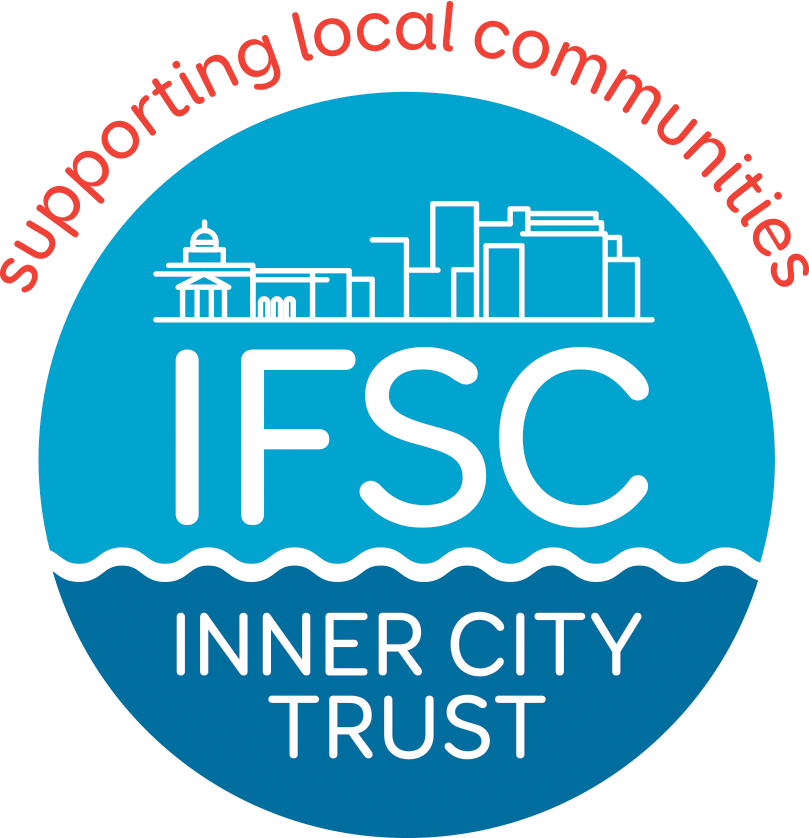Governance
The Dublin IFSC Inner City Trust (“the Trust”) is a company limited by guarantee and a registered charity. Its company registration number is 226990 and its charity number is CHY11217. The Trust is governed by a revised constitution updated to reflect the new Companies Act requirements and the revised Governance Code for Voluntary Organisations.
It is the stated objective of the Trust to meet or exceed the guidelines as outlined and to be in full compliance with all relevant legislative and regulatory requirements.
A Governance and Risk sub-committee of the board has ben established to oversee these matters and make relevant recommendations to the Board.
The Trust is governed by a board with a Chairman, Secretary and Treasurer. Every effort will be made to ensure that these positions are held by different members of the board. As a matter of policy, the Chairman will not be permitted to simultaneously hold any of the other positions. The members of the board together with additional community representatives comprise the Projects Committee. Membership of the board and committees are posted on the company’s website.
The projects committee meets monthly or as needed to review and approve grant applications received from within the community. From time to time grant applications are circulated between meetings and may be approved, if urgent, once a majority of members agree and have signalled their approval to the Secretary via e-mail. Any such approvals are presented and affirmed at the next meeting.
An agenda and other supporting documentation is circulated by e-mail in advance of meetings. The first item on every agenda requires all present to declare any interests in agenda items and a confirmation that no conflicts of interest exist. Minutes of the previous meeting are reviewed and signed and maintained by the secretary. The agenda also includes the Treasurer’s report which provides an update on all income and expenditure since the previous meeting and a reconciled closing cash position.
The risks associated with the operation of the Trust are minimised given that The Trust does not own or lease any physical assets and neither does it have any employees. The Trust is exposed to other risks such as reputational risk, financial risk and some elements of operational risk. These risks are mitigated by the following;
- Financial position is monitored and updated at each meeting. Financial commitments are only approved if well within the available financial resources of the company. No single payment may exceed 25% of available cash resources. Funding requests are not considered if a material recurring commitment is required.
- Reputational risk is managed by having an experienced board with a detailed involvement in all aspects of the Trust’s operations. The use of community representatives to validate funding requests and other related due-diligence procedures helps to minimise reputational risk.
- Operational risk is mitigated by the absence of any onerous operational needs and the adherence to the operational procedures as approved by the board.
- The Governance and Risk sub-committee oversees all governance and risk issues and its terms of reference are reviewed and updated at least annually.
